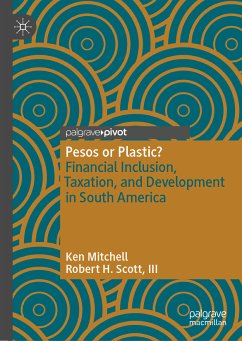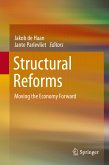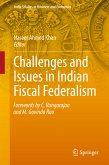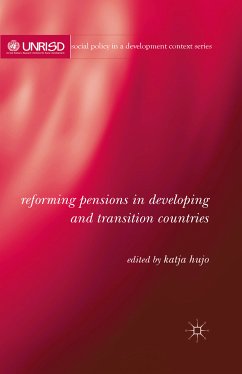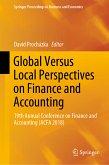Households with a bank account - or, the bank participation rate - began increasing significantly around 2002, and this increase has coincided with an unexpected rise in tax collection (especially value-added taxes (VAT)) spanning periods of macroeconomic growth (2003-2009) and stagnation (2010-2015). Correlation does not imply causation, yet using empirical methods this book shows financial inclusion contributes to better tax collection by encouraging more formal market transactions via the use of bank-provided credit and debit cards. Consumption represents the largest component of most economies and consumption taxes contribute more to public revenue in the southern cone than other taxes, hence more formal consumption enhances overall tax collection.
¿
Dieser Download kann aus rechtlichen Gründen nur mit Rechnungsadresse in A, B, BG, CY, CZ, D, DK, EW, E, FIN, F, GR, HR, H, IRL, I, LT, L, LR, M, NL, PL, P, R, S, SLO, SK ausgeliefert werden.

